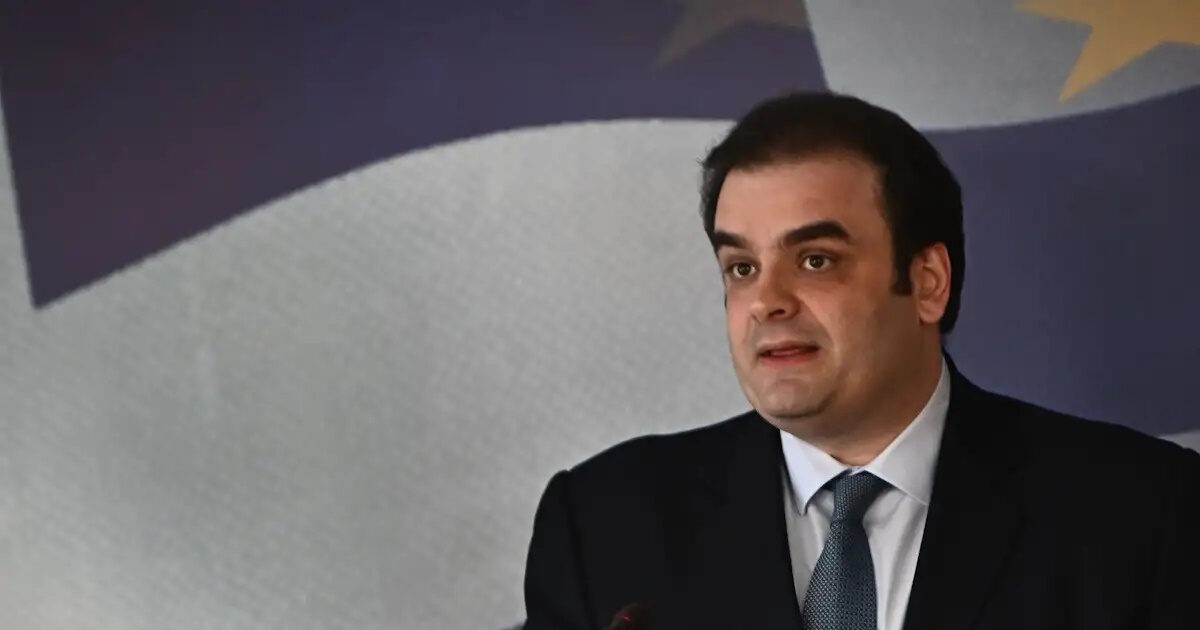Measures to deal with the influx of small parcels currently free of customs duties into the EU were adopted today (13.11.25) by the European Council of Finance Ministers (ECOFIN), in which the Greek participated SECKyriakos Pierrakakis.
This problem leads to unfair competition for EU sellers and raises environmental concerns, the European Council said in a statement. Stephanie Lose, the finance minister of Denmark, which holds the EU presidency, said after the Ecofin meeting that she was “very pleased that we have reached an agreement to remove the €150 tariff threshold”.
“We ensure that tariffs are paid from the first euro, creating a level playing field for European businesses and limiting the flow of low-cost goods. We also agreed on the need to work towards an interim solution as soon as possible in 2026,” she noted.
As a long-term measure, EU finance ministers agreed to scrap a rule that allows goods worth less than €150 to enter the EU duty-free. With this change, the relevant duties will apply to all goods entering the EU, aligning the system with the current rules for value added tax on imported goods.
The new rule will start to apply once the EU Customs Data Hub, the EU’s proposed central platform for interacting with customs and strengthening controls, is up and running, which is expected to be completed in 2028. The hub is currently being negotiated between the Council and the European Parliament as part of a wider fundamental reform of the EU’s customs framework. Its capabilities, which will enable the calculation and the notification of customs debt by item will enable customs authorities across the EU to apply the full customs regime to small parcels entering the EU.
At the ECOFIN meeting in Brussels, the Greek Minister of Finance (Minister of Finance) Kyriakos Pierrakakis, referred to a number of critical issues of the European Union.
Specifically, Kyriakos Pierrakakis, in the context of ECOFIN, referred to the introduction of the digital euro, the regulation of stablecoins, the taxation of energy and the reform of customs.
Special emphasis was placed on customs duties, with the Ministry of Finance arguing that Greece fully supports the European Commission’s proposal to abolish the minimum amount of 150 euros, so that a duty can be imposed on low-value parcels from third countries within the EU.
The Ministry of Finance stressed that this policy is crucial for transparency in electronic commerce, the protection of European consumers and the equal competitiveness of European businesses. He also pointed out that Greece supports France’s position to implement the measure from the beginning of 2026, emphasizing its importance for customs and for the Union as a whole.
On the Greek side, the Minister of Finance Kyriakos Pierrakaki strongly supported France’s proposal for the immediate application of the new framework to parcels of very low value. This is an arrangement that puts an end to the “window” of imports from platforms like SHEIN and TEMU. At the same time, it protects retailers and consumers.
With the reform passed, a truly universal change is now being introduced. In particular, exporters now acquire the primary responsibility for the accuracy of declarations, relieving Member States’ customs of a volume of checks that was becoming increasingly difficult to manage.
At the same time, an online registration platform is recommended, i.e. a single digital customs data hub that will allow the EU to clearly see what is coming in, from where and with what specifications. This means that there is a triple protection: in favor of consumers, in favor of retail trade and in favor of the customs officials themselves. This is one of the most significant achievements of the last ECOFIN sessions.
